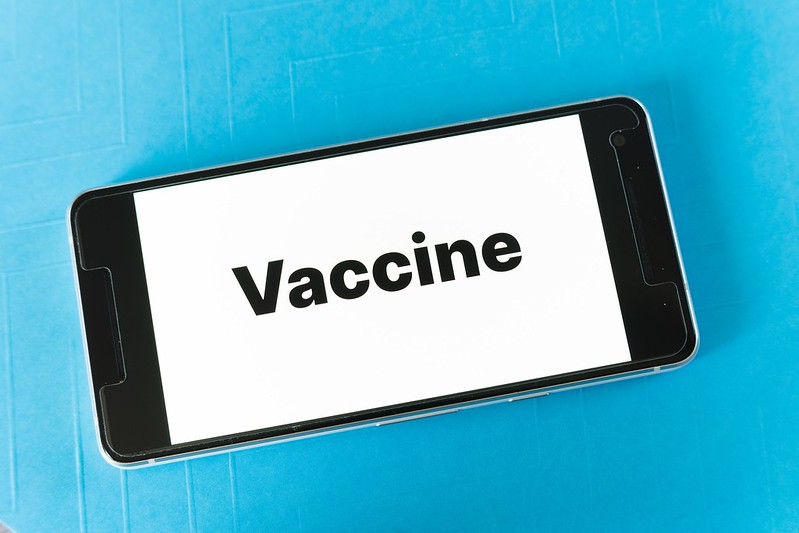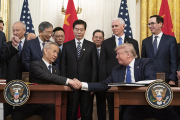
In a significant move, the US Department of Health and Human Services (HHS) has announced the allocation of over $1.4 billion to initiate the development of innovative
vaccines and therapies aimed at combating Covid-19. This funding constitutes a pivotal component of Project NextGen, a $5 billion governmental initiative that seeks to cultivate new, resilient vaccines and treatments for the coronavirus. Despite over three years having passed since its emergence, the virus continues to afflict, hospitalize, and claim lives across the United States.
HHS Secretary Xavier Becerra stated, "This investment is geared towards enhancing our nation's capacity to address potential future variants arising from the Covid virus."
The funding encompasses a $300 million grant to Regeneron, a pharmaceutical company, for the research and evaluation of a novel preventive monoclonal antibody. This antibody, akin to the no longer functional Evusheld, aims to safeguard individuals who exhibit inadequate responses to vaccines. Clinical trials for this new antibody therapy are anticipated to commence during the upcoming fall season.
As Covid-19 continues to evolve, the potency of antibodies like Evusheld has waned. Notably, individuals with compromised immune systems have lacked effective monoclonal antibody options since late January.
An additional $1 billion has been earmarked to facilitate clinical trials for Covid-19 vaccines, involving four companies. HHS stipulates that this funding will back phase 2b clinical trials for novel vaccine variants. The selection of vaccines slated for testing this fall will be conducted by HHS, with trials scheduled to commence during the winter period.
Given the diminishing efficacy of Covid-19 vaccines over time, necessitated by the emergence of new variants, there exists a critical need to continually update these vaccines in tandem with the virus's evolution. Researchers are optimistic about the potential development of fresh immunization forms, encompassing oral and nasal formulations. Such innovations may not only help mitigate virus transmission but also slow its rapid mutation. Additionally, scientists are exploring pan-coronavirus vaccines designed to generate antibodies against various virus components, potentially offering comprehensive protection against new variants.
Dawn O'Connell, HHS Assistant Secretary of Preparedness and Response, noted that the current funding of clinical trials will expedite vaccine development by ensuring their operational readiness when candidate products are ready for testing.
The recipients of awards for managing clinical trials include ICON Government and Public Health Solutions of Hinckley, Ohio; Pharm-Olam of Houston; Technical Resources Intl of Bethesda, Maryland; and Rho Federal Systems of Durham, North Carolina.
Johnson & Johnson Innovation received a $10 million grant to facilitate a competition geared towards the innovation of new Covid-19 therapies.
Furthermore, Global Health Investment Corp., responsible for overseeing the BARDA Ventures investment portfolio, will receive an additional $100 million to expand investments in novel technologies aimed at accelerating future responses, as outlined by HHS.











































